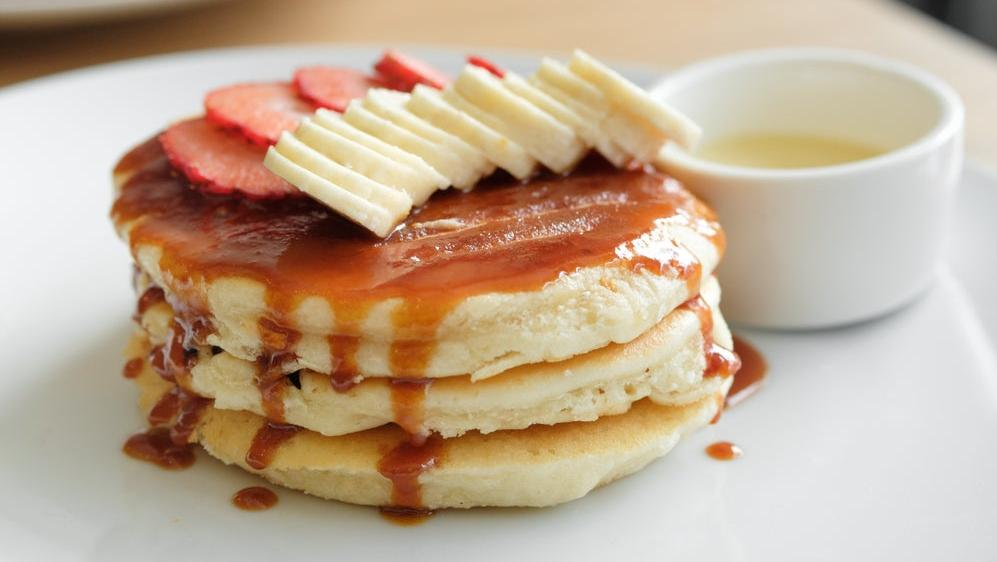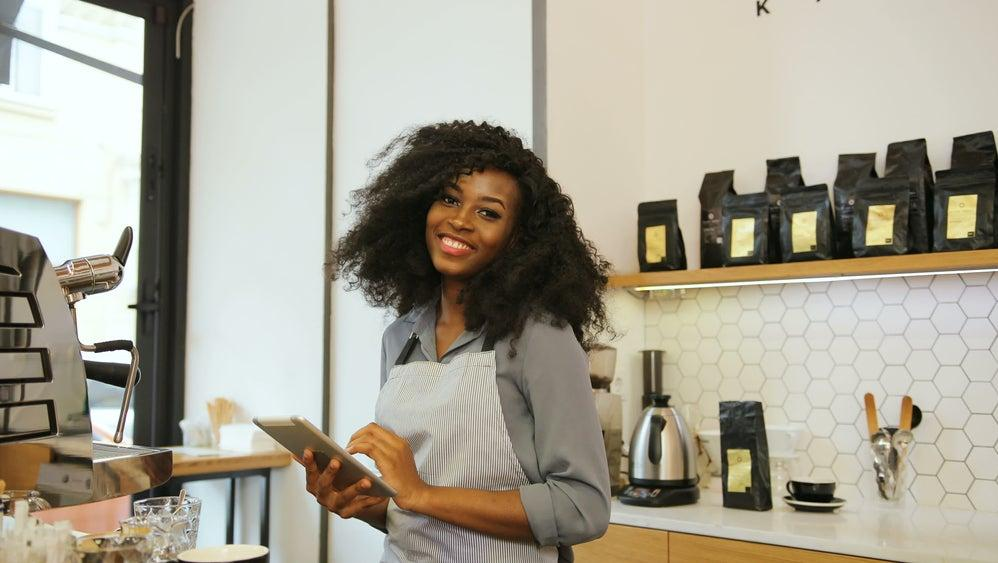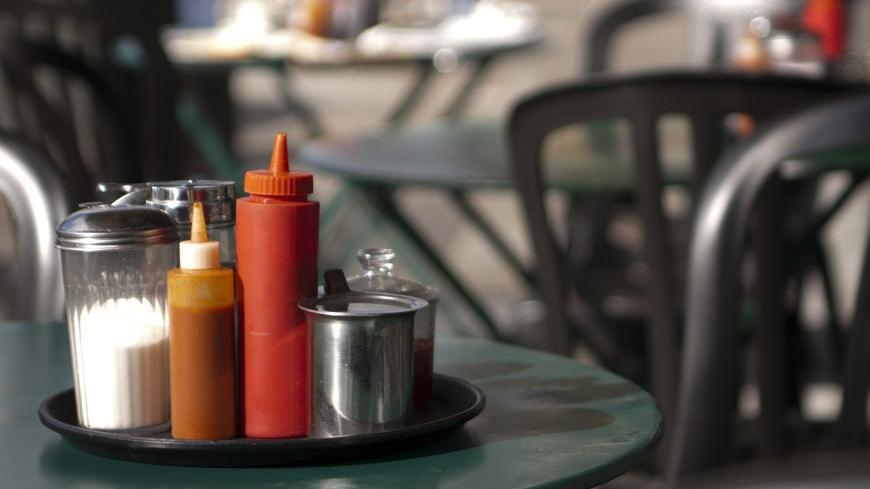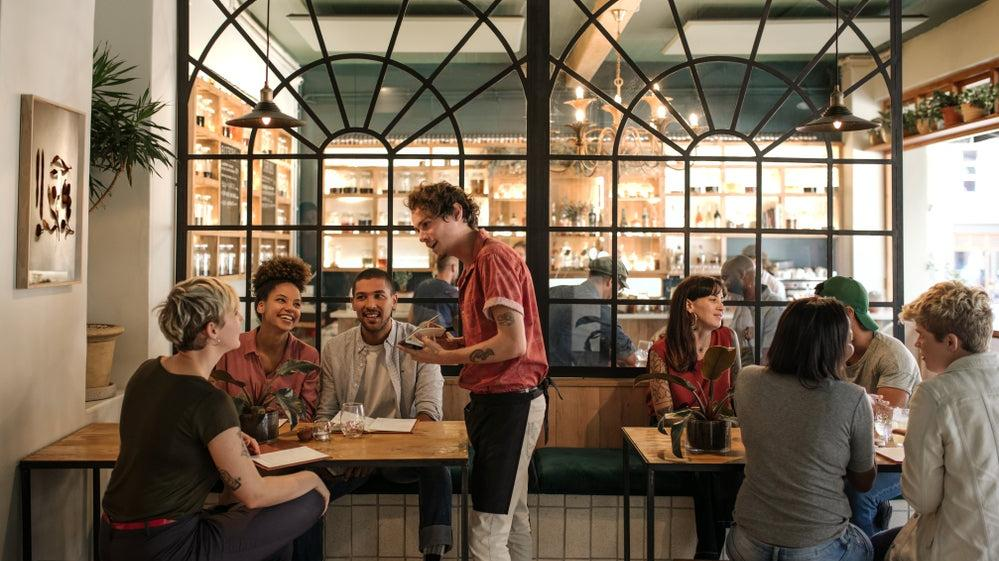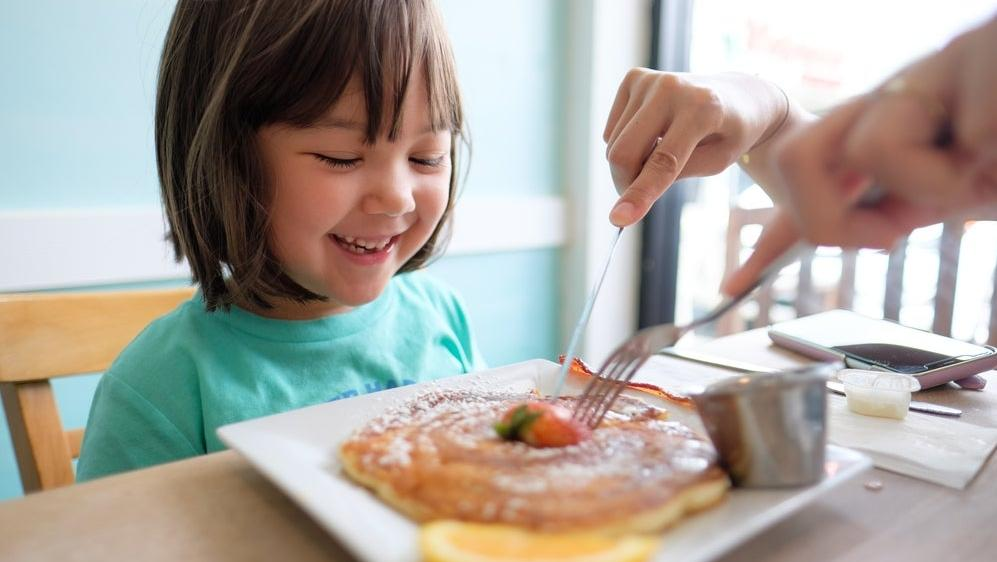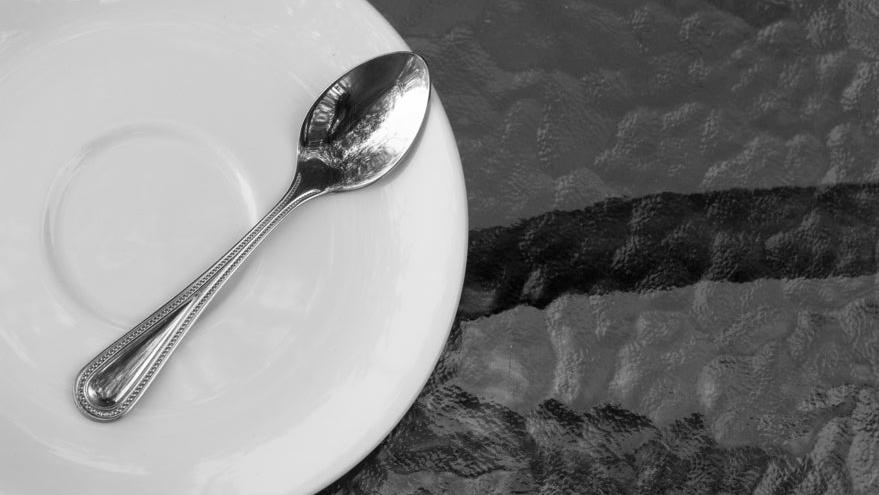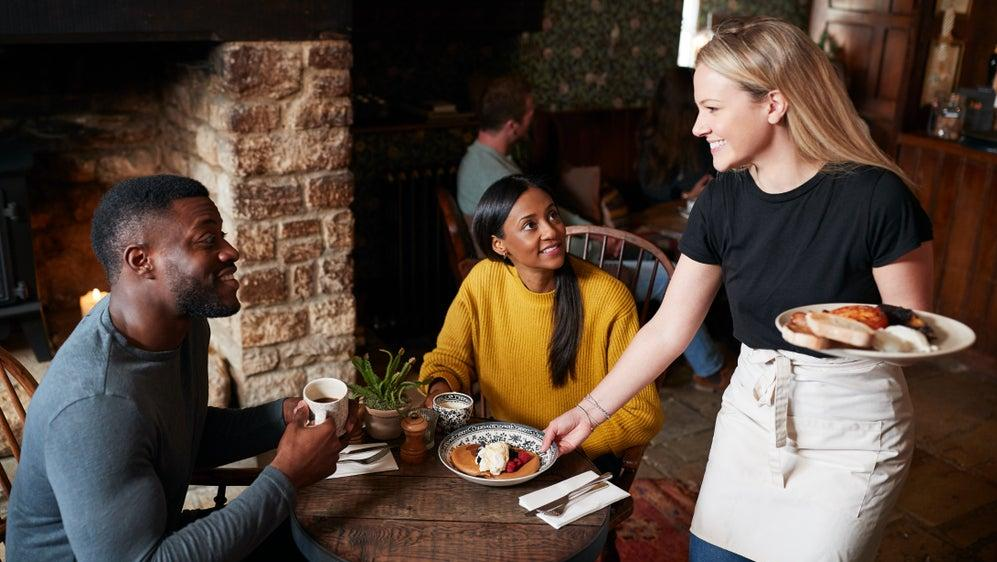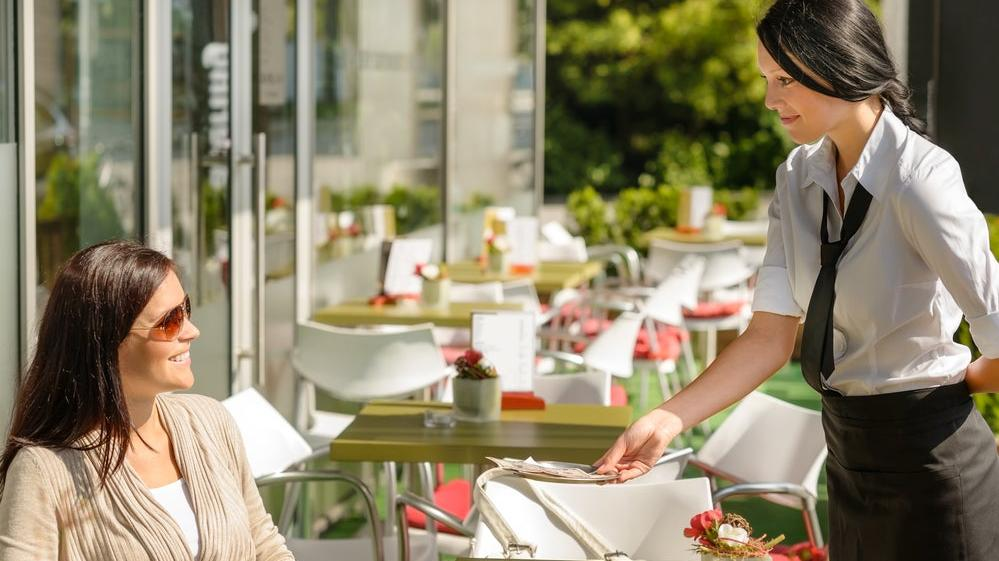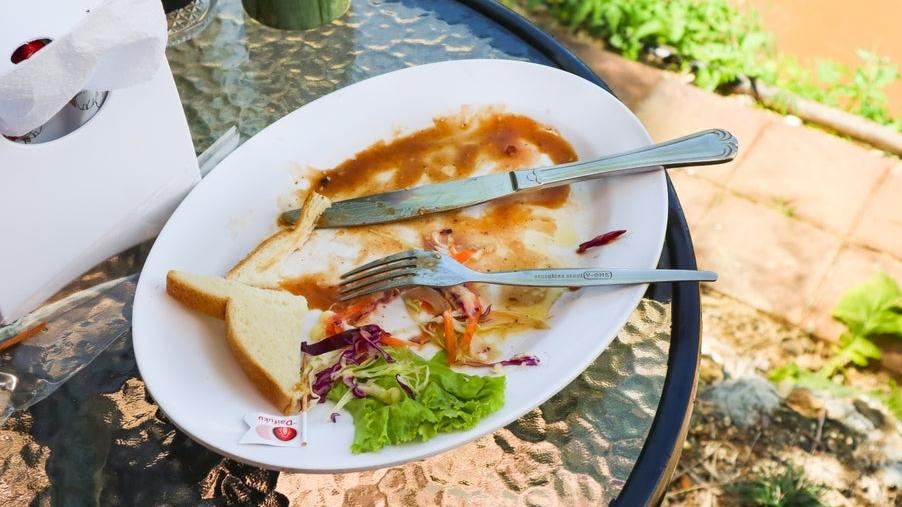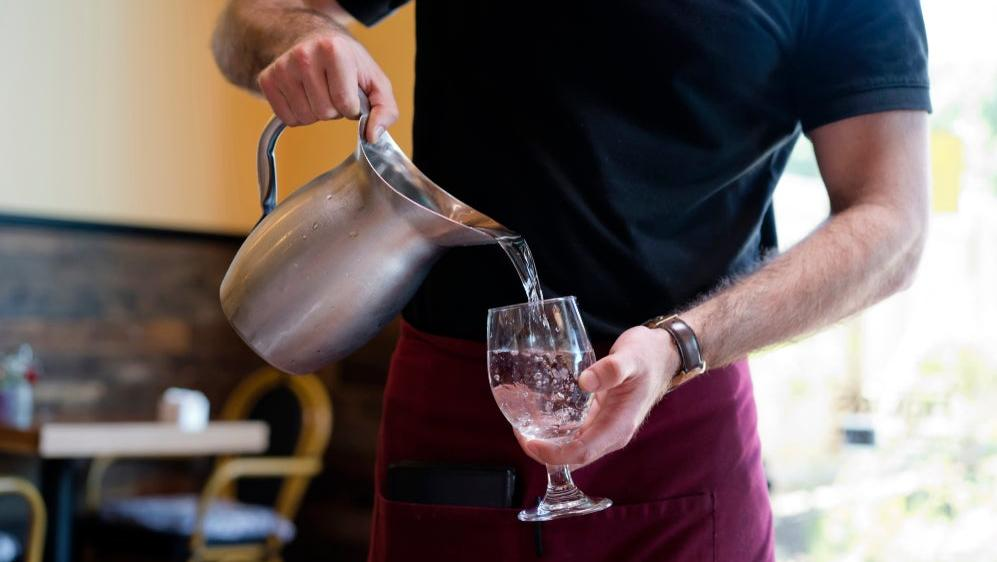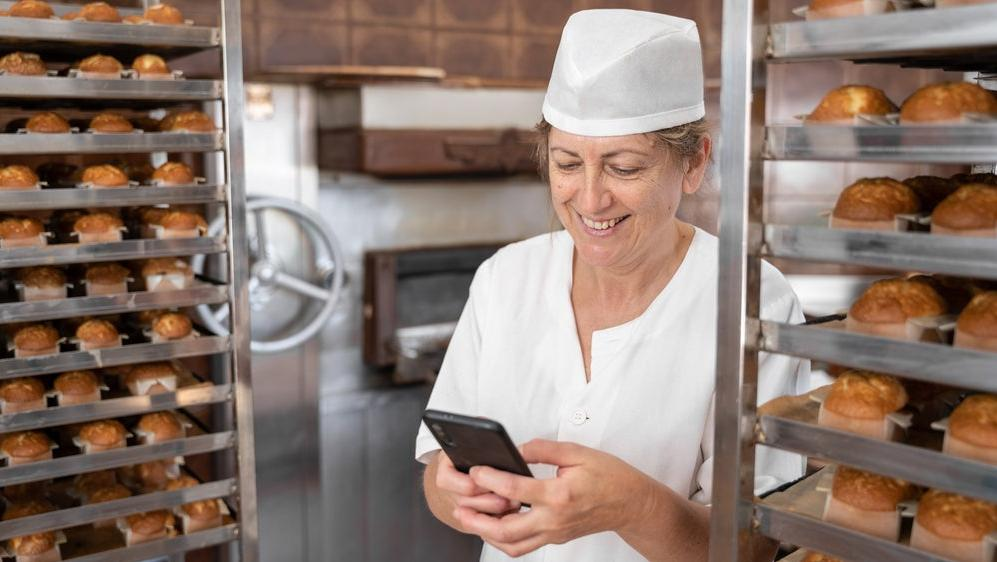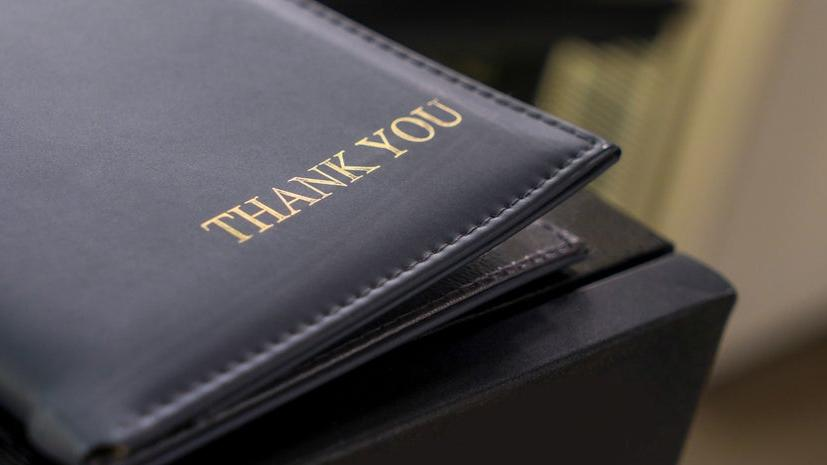16 Ways That Breakfast Restaurants Can Go From Good To Great
I ran breakfast restaurants for 33 years. Here are some simple lessons any diner or cafe can benefit from.
Ask people what their favorite meal of the day is, and they will most likely say it's breakfast. Me too. Yet when dining out, breakfast can be hit or miss. I have a theory about about why people accept mediocre food and service at this meal when they would never accept it at dinner: because all the food comes out at once and you can all eat together.
Eating breakfast at home does not always afford that luxury. There are many trips back and forth to the kitchen with delays as you make one kid's eggs, the other kid's eggs, get the toast, more coffee, some jam... on and on. By the time you sit down with your own plate, your food is warm to cold, some people are already finished, and you wish you had gone out instead, even if the breakfast at your local diner isn't as good as homemade.
Still, breakfast spots can be more than something people settle for. With the right touches, they can be unforgettable. I'm here to help restaurants do a better job of doing a better job—and it's not hard. I promise.
Service makes or breaks an experience
Welcome each guest as they arrive, and train your staff to do the same. This is the first impression a diner will have of your restaurant.
Keep the music volume at “conversation-friendly”
Once the dining room is open, the music should be focused on your guests, not your staff. They might have needed the boost during setup, but turn it way down once the first guests arrive.
Check that condiments are in place before the meal comes
Don't make diners search for a server in order to get ketchup, hot sauce, syrup, or butter, all of which are best enjoyed while the rest of the order is still hot.
Language is important
"Good morning" is always better than "How you guys doin'?"
Offer to take and place children’s orders first
When kids' food comes out first, parents have a chance to get them settled with their meal. Then parents have the opportunity to eat their own food, when it arrives, while it's hot.
When asked for a recommendation, be prepared to give one
Don't just tell the guest "Everything here is good," which doesn't help. Here's a better idea: "If you like French toast, ours is made with brioche." Nice.
Don’t neglect the spoons!
If spoons are not a part of your initial silver service, make sure that diners get one with their food or beverages as needed. Hot drinks and anything served in a bowl will need a spoon brought out alongside them.
Read the table
It's not useful for a server to check back in with "How is everything tasting?" before diners even taste the food. A better question is, "May I bring you anything else?"
Take the opportunity to upsell
Offer to make the customer a cappuccino or seasonal special latte, or to bring them a freshly squeezed juice. As soon as you say "Coffee?" they have no idea you have other, more interesting drinks on offer. You have boxed them into a selection, and boxed yourself out of a better check average and tip.
End on the right note
"Was everything all right?" This question might not elicit the most honest responses. Try to pick up on non-verbal cues that may indicate a problem with a specific item on the plate. Notice, then ask, then fix it if you can, before a guest walks out the door.
If a table spirals out of control, here's what to ask: "What can I do to make this right for you?" You are not only making an impression on that table, but on the other customers at adjacent tables.
Give servers the opportunity to make it right
Empower and support your staff. If a server is given the power to try solving an issue for the table and they're somehow unable to, you can comp the meal.
Streamline the dining experience for parents
When a child's "meter is expiring," don't make the parents search for their server, flag them down, and await their check. Have it ready for them. Consider putting the check presenter down soon after the food arrives with the explanation that you want them to be comfortable leaving whenever they are ready.
Know when (and how) to clear the plates
Never say, "Are you still working on that?" It makes diners feel self-conscious. The phrase "May I take your plate?" is more gracious and appropriate.
End the interaction at the right time
Stop refilling the water glasses, with way too much ice, after the bill has been paid. Most diners understand that paying the bill ends the table service and won't expect it to continue.
Keep phones in the back of house
Don't let your staff use their personal phones in the front of the house. It conveys that they aren't paying attention to the dining room, and a customer might think the servers are bringing out the food with dirty hands. (Phones are not very sanitary!)
Express gratitude
Everyone, from the busser to the host, should always thank guests as they leave. This will leave a great impression that will keep those guests coming back again and again.
